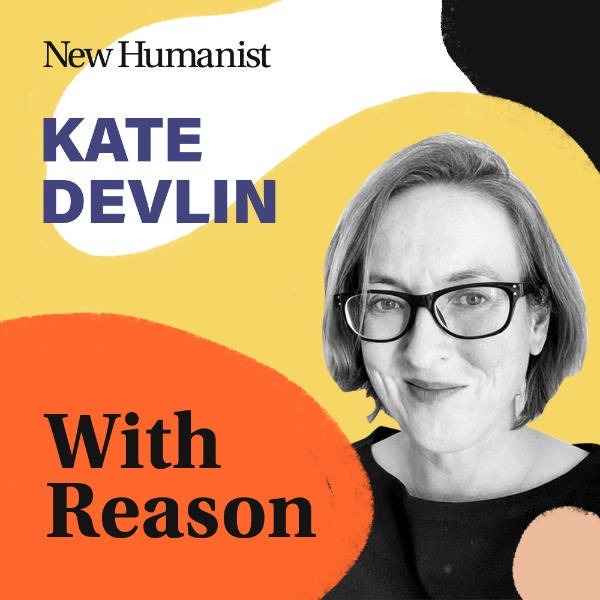Facebook knows I’m an atheist, and if Facebook knows it then the CIA probably knows it too, which could be a problem if I tried to stand for election in South Carolina, Mississippi or any of the other seven US States which require candidates to believe in a supreme being.
Fortunately I’m not a US citizen so the problem doesn’t arise, rather as Liberal Democrat leader Nick Clegg’s admission of his own atheism is unlikely ever to trouble the press office at 10 Downing Street.
But any believers among the 500 or so “friends” I have accumulated on this rapidly-growing social network site are now aware of my lack of belief in their god, and I can only assume that a variety of government agencies, marketing departments of large companies and other organisations have added this key fact to their databases, under “Thompson, Bill”.
They know I’m a self-declared heterosexual too, that my politics are “very liberal” (since there’s no way to tag oneself as a socialist) and that I’m currently “in a relationship”, although I haven’t made an explicit connection to my partner and don’t reveal whether she is herself a Facebook user. Not believing in God is one thing, revealing who you’re sleeping with is far too intimate to be exposed on anyone’s website as far as I’m concerned.
I’m a pretty understated atheist, of course, so I can’t count myself among the ranks of the “New Atheists”, standing beside Dennett and Grayling in the battle for reason. It’s just there on my profile if you want to look. I haven’t signed up to any of the atheist groups, not even the delightfully named “Jesus College Atheist Society” and I’ve resisted the temptation to install the "OUT" application, which puts a big red “A” on my page, even though I’m assured it stands for “atheist” and not “adulterer”.
I added my lack of religious beliefs to my profile on Facebook, MySpace, Orkut and the other social network sites that I’ve joined in the same way that I tell other people where I live and what I do, and I am not alone.
A quick look at the profiles of my various friends reveals that, somewhere between “fish with legs rules” and “mild”, there are a refreshingly large number who plainly state that they prefer a universe without a creator whose approval they need to seek. While the Data Protection Act would insist that religious views count as “sensitive” data along with medical details, sexual orientation or political opinions, it seems that millions of people are rejecting the protections offered by the law and revealing themselves online.
The point of stating my religious beliefs is not so much a campaign as a decision not to treat them as worthy of protection, and this may be the important thing about it. Users of social network sites are encouraged to share information with their “friends” without any clear definition of what a friend might be, and as a result many people are finding that boundaries between lovers, acquaintances, old schoolmates, employers, work colleagues and (in my case) random listeners to their radio programme are blurring and dissolving.
This is often portrayed as a bad thing, and certainly anyone who decides to tell their mates what they really think of their employer without realising that they’ve added their line manager to their list of friends is asking for trouble. We will need to find new social norms for this new space for interaction, just as the ‘80s ravers developed social practices around the use of ecstasy that differed significantly from earlier alcohol-based subcultures, but they will emerge in time.
Of course it’s easy for me to come clean. I live in a country and a culture that does not discriminate against me for my lack of religious belief. I won’t have to testify to a belief in a Supreme Being in order to stand for election, as is the case in North Carolina, and I won’t be pursued as an apostate by the vicar who baptised me into the Church of England as a child.
A recent Pew Research Centre survey of US voters found that 53 per cent of those polled had an unfavourable view of atheists while 61 per cent would be less likely to vote for a candidate for president who didn’t believe in God. While these attitudes remain common it is hard for people to be honest about their lack of religious belief, but of course that makes it less likely that the prejudices will be confronted or challenged.
Perhaps Facebook will help, simply because it encourages us to treat religious views and sexual orientation as of no more significance than favourite movies or preferred pizza toppings. In the end this could matter more than any number of “Brights” t-shirts or big red A’s, because it will simply relegate religious belief to the level of other superstitions, habits and personal preferences. Where, of course, it belongs.

